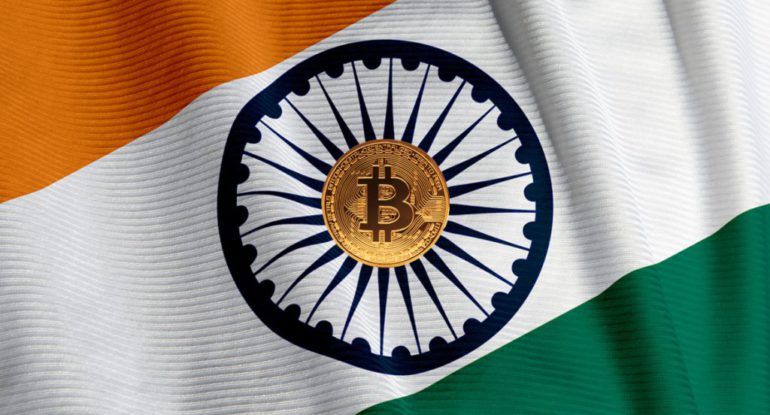Regulatory Policies May Hinder The Growth Of Blockchain In India

India may lag behind the US and Chinese firms in blockchain innovations in the upcoming year, founders and promoters of Indian blockchain startups said.
This is because regulators remain to concentrate on “only one part of blockchain technology — distributed ledger systems,” they said.
“The (Indian) regulatory ecosystem is…not (focusing) on decentralized systems like smart contracts, so innovation will not happen at the same pace as in those countries which do allow for experimentation in such aspects of the technology,” said Nitin Sharma, founder of Incrypt Blockchain.
The Indian blockchain developer or entrepreneur will require the exposure to the genuinely cutting-edge work in decentralization, distributed systems, and cryptography, he added.
However, “there will be a few gems in the Indian blockchain ecosystem where founders can build products frugally and serve the global digital assets market,” Sharma said. The market for blockchain technology will move to the private permissioned and hybrid categories, analysts said.
Founders, though, say businesses will show insufficient interest for solutions by Indian startups as the talent and exposure gap will grow within economies where the use-cases are not restricted to permissioned blockchain systems.
According to experts, the most notable public blockchain trend in 2020 will be central-bank digital currencies (CBDC). Although China and the United States are not “crypto-friendly” nations, they will exceed India in innovations in technology, they said.
“Basic elements like smart contracts don’t work under current Indian laws, where digital signatures are centrally controlled,” said Tanvi Ratna, CEO, Policy 4.0, a global policy and regulatory advisory firm. India is dropping well behind every other major country, and it is a late mover even in CBDC, she said.
Although the US and China are not the most welcoming of places for crypto, the US has not outlawed crypto and has built formidable regulatory capacity in it. Subsequently, the Chinese government is fully supporting efforts to make their own CBDC take off, Ratna pointed out.
India had injected the Banning of Crypto and Regulation of Official Digital Currency Bill. It inspired the exploration of distributed ledger tech while delegitimizing cryptocurrency trade in private digital currencies.
Add a comment
You must be logged in to post a comment.




























































